
livestream
Care, Authority, Emotion
A dive into Way of Kings by Brandon Sanderson and examining three themes from the book

livestream
A dive into Way of Kings by Brandon Sanderson and examining three themes from the book

livestream
People really come into their own, find the muscle in their spirits, and leave pure marks on the world when they step out of their cozy bubbles, decide to shake things up, and forge a change.

wander
In this stream we discuss chimps vs humans in terms of stomach size and cooking and what makes humans unique, and the best way to use a microphone.

livestream
but...it's a nice rock!
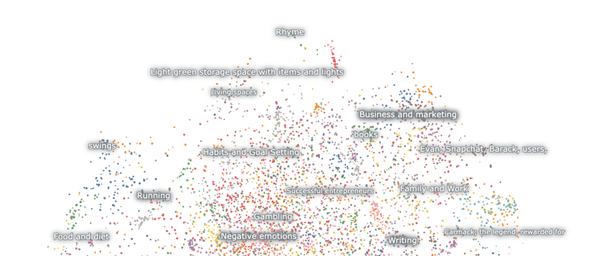
quoordinates
Moving from the celebrity space to somewehre near the effects of the Industrial Revolution
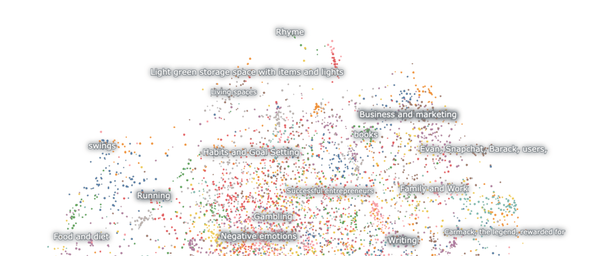
quoordinates
How many moves from celebrity to art about death?
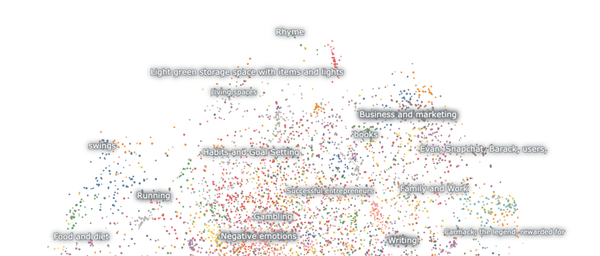
quoordinates
A look through quote space into common sense and theoretical knowledge
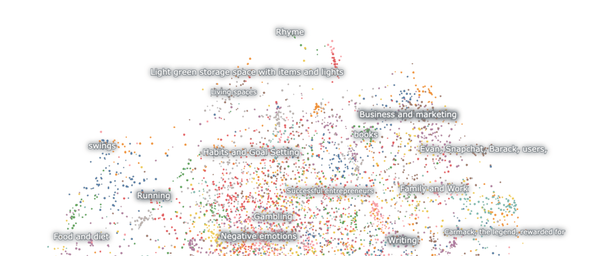
quoordinates
A look through the quote space in an attempt to wrest knowledge of the present from the future

instabram
guidance, more bridgerton, demon slayer art, and of course, purple
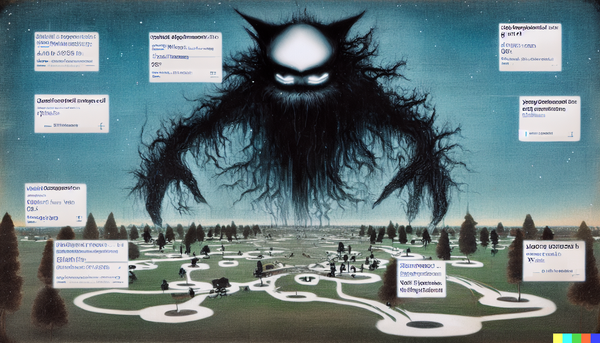
instabram
The deadliest boss in Elden Ring, Git Submodules, Black Mirror WoW HC, Zoom Calls in 2033 will still suck, Patreon vs VC rant, a park that looks like a fish

instabram
8-bit bram, queen charolette, nyu itp, agentic process humans vs bots, voice memos to whisper
livestream
* first stream back! * processing Explosive Growth * how this whole Zettelkasten thing works * BHOV-2023 and you! Zettels Made on Stream * 202301081741 * 202301081739 * 202301081736 * 202301081734 * 202301081732 * 202301081728 * 202301081725 * 202301081650 * 202301071338